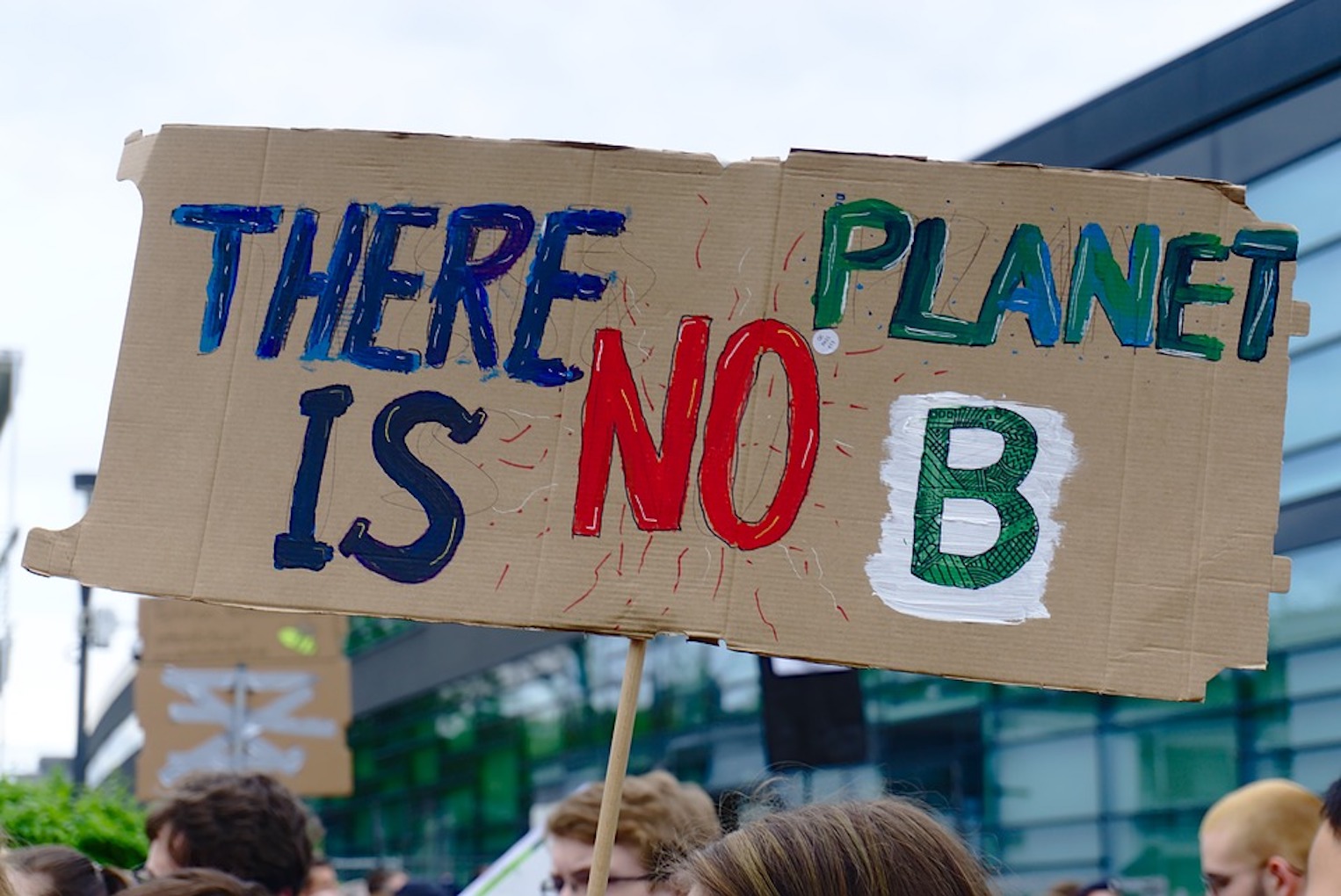By Velma McColl
It’s impossible for any leader or political party to ignore the 500,000 people who came out in Montreal Friday or the thousands who marched across the country. Only a portion of the students who turned out were of voting age though each crowd clearly featured other demographic groups (18-34, urban, Indigenous, women, parents/grandparents). The streets were filled with clever hand-crafted signs whose culminating refrain to politicians was “you’re not doing enough – fast enough” and “we’re done with excuses”.
While the Liberals mobilized the climate conscious set in 2015, pundits have wondered whether they would return to the polls in serious numbers in 2019. Greta Thunberg and the mid-campaign Climate Strike may have served to galvanize these voices – only this time they are in search of a political home with the NDP and Greens in strong contention along with the Liberals.
Elizabeth May’s Green Party is promising to cancel the Trans Mountain (TMX) pipeline and reinvest the dollars in a national renewable energy grid, eliminating fossil-fuel vehicles by 2030 and targeting a 60% reduction in emissions by 2030. The Liberals and the Greens share a commitment to move faster than the Paris Accord, achieving net zero emissions by 2050. Recent polls show that NDP voters place climate change as their number one issue, resulting in a platform that includes strategies for 300,000 jobs in a green economy, transit, zero-emission vehicles, carbon-free electricity and legislation to meet emission reduction targets.
With the purchase of TMX and some of the necessary compromises of governing, the Liberals’ green credentials have become somewhat tarnished despite investing more on clean growth technologies and policies than any government in Canadian history. Despite the pre-election shouting match on carbon pricing with Conservative provincial premiers, the Liberals have focused their climate change positioning around transportation, buildings, climate-resilient infrastructure and green innovation, including a tax cut for clean-tech businesses.
For many, the Conservatives’ criticism of carbon pricing as unaffordable (their advertising is now in heavy rotation) is overshadowed by the insufficiency of the party’s climate policy measures. The Conservatives are appealing to their skewed-male, over-forty base that reacts negatively to the costs of carbon policies, touting their home retrofit credits and a desire to use dollars collected from industry to re-invest in Canadian clean technologies. Scheer’s decision to skip any nearby climate rally last week was widely noted when all the other leaders joined in.
Whereas not a single question was asked about climate change in a national leaders’ debate in 2011, it is likely in the three debates ahead all leaders will be pressed to explain why their approach best serves short and long-term Canadian interests – and how they intend to balance Canada’s energy resource base with a transition to low carbon or zero-emissions economy. In a big shift over the last decade, the most fundamental differences between parties are about the pace of change – not whether significant action is required. An interesting development this election is the set of independently organized, all-candidate Climate Debates in (so far) 117 communities across the country on October 3rd.
Either way, the voices for climate action are getting louder and more diverse. There is a latent anxiety in many young people that their planetary and economic futures will be worse than their parents have faced. The immediate economic affordability concerns that are driving this campaign may be matched by an intergenerational affordability question that resonates more deeply than many Canadians realized. Greta has given voice to thousands of young people who believe that their futures are being mortgaged by a coming massive bill for climate change consequences – and that is going to bite politically at some point.
In any election campaign, what matters is what moves votes. There is enough competition between climate change platforms to suggest that all parties believe that they can hold their own bases and move people in key ridings in vote rich Ontario, Quebec and B.C. We won’t know for sure in what direction until October 21.
Pollsters have never really done detailed demographic analysis on whether climate change mattered significantly when people marked their X’s. Judging by the mobilized youth we saw last week and conversations that are happening in homes across the country with our children, it might be a good thing to figure out before 2023.
